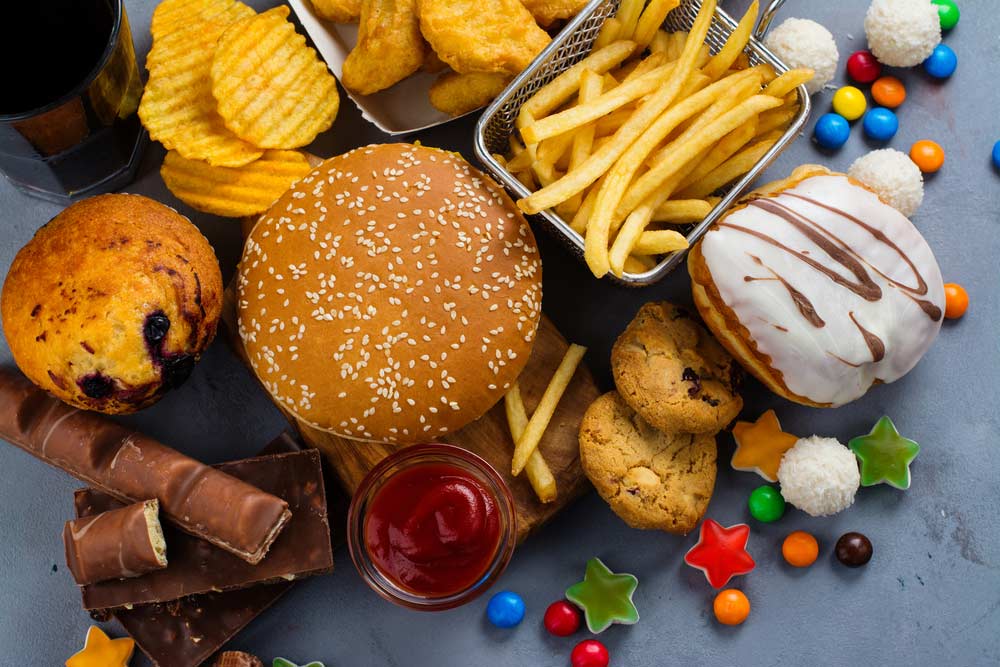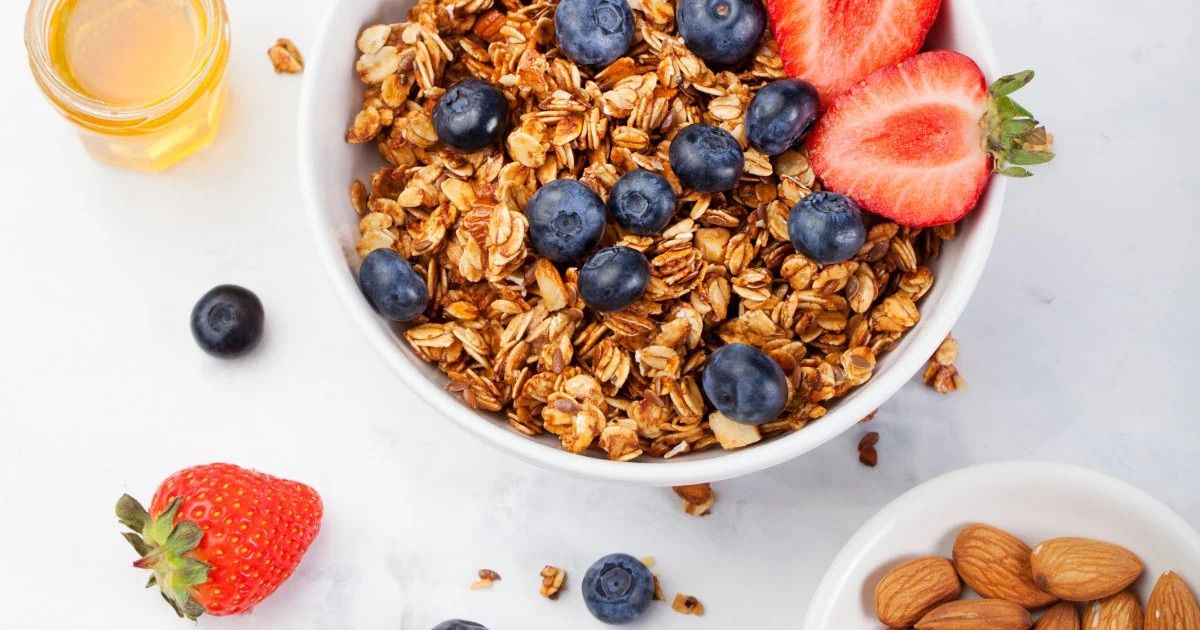Food cravings are a common condition in the community and can often be seen several times a week in individuals. Cravings can be an excessive desire to resist a certain food or more than one food. In particular, during weight loss, limiting energy intake can cause food cravings. There is a possibility that some mineral deficiencies may cause an excessive desire for some foods. Also, this situation can be caused by psychological and environmental factors.
Food cravings are usually targeted toward excessively fatty, sugary, or high-calorie foods, such as fast food. The desire for specific food types can be seen because of limited consumption, or specific taste preferences and perceptions. For example, if you are feeding your body restricted fat and carbohydrates, maybe you start craving French fries. Also, cravings may be signals of biological needs. For example, if you are craving chocolate, this may be a precursor to magnesium deficiency, or craving dairy products may be signals of calcium deficiency. Besides, salty foods and milk products are usually desired when you’re hungry.

Food Choices According to Mood
People show different kinds of nutritional behaviors depending on their mood and stress level. Food intake increased in people who feel unhappy and tired. The body may need some food to compensate for the decrease in some mood-related hormones. For instance, high fat and sugar content foods trigger the release of insulin and endorphins. Endorphin secretion makes a person feels better.
For this reason, people in negative moods are more prone to consume carbohydrates and high-calorie snacks to feel satisfied. This may be why some people eat more chocolate when they are unhappy or feel depressed. On the other hand, some individuals tend to have a larger appetite when they are in a positive mood, rewarding themselves with food. They tend to consume indulgent foods, such as chocolate and salty popcorn.
Association Between Gender and Cravings
Gender makes a difference in food cravings. Many women desire more sweet treats, like chocolate, while men generally desire salty or savory foods. Additionally, research has shown that cravings are more frequent in women and resisting cravings is harder for a woman than it is for a man. This difference was thought to be related to the different functioning of hormone mechanisms. Especially during the menstrual cycle, cravings are the strongest before menses and continue during menstruation.

What Should We Do To Avoid Craving?
Choose the Healthy One
Replacing cravings with more nutritious and healthy foods can be a better option.
When you feel you need to eat chocolate, you should consider other magnesium sources. You can exchange chocolate with ½ cup of pumpkin seeds, 12 almonds, or 1 tablespoon of peanut butter. Similarly, other carbohydrate sources can be preferred. Rather than reaching for cakes and bakery products, reach for fruits and whole-grain products. Dry fruits can be a good choice to satisfy your sweet tooth.
In calcium deficiency, the demand for milk products increases. Dairy product intake can decrease the desire to eat milk-based desserts and increase calcium levels. You may prefer 1 cup of yogurt instead of ice cream. Consuming fiber-rich products daily supports your feeling of satiety for a long time and helps with adequate nutrient intake.
Making a good breakfast, like leaving 1/3 cup of oatmeal in 1 cup of milk overnight, is a good choice for breakfast and includes both calcium and fiber. Fresh fruits and vegetables with the skin on should also be preferred as rich fiber sources.

Relationship Between Craving and Nutrition
In the studies conducted, it was observed that craving increased if one diet type was used for a longer-term. If you’ve been eating the same kind of food for a long time, that may be the reason why you desire other foods. Small changes may help to prevent you from making unhealthy food choices. Furthermore, check whether you get enough energy or not. Many people who are dieting may experience eating attacks due to energy restrictions. Try not to be hungry for a long time, as that will push you too high caloric foods. The increasing frequency of meals can help you control your food desires. You feel more satisfied when you eat more frequently and do regular meal plans.
When you eat less from specific food groups (such as low-fat, low-carbohydrate, low-protein) your desire to eat fast food and snacks will increase. A balanced diet plan increases your satiety and helps you to control your eating behaviors. Eating protein-rich food, such as meats, poultry, and seafood, keep you satiated for longer. Egg contains various nutrients and is a protein-rich food, preferred as a protein source. Furthermore, seafood, like one salmon steak or one can of tuna, reduces sodium deficiency and can help decrease your desire for salty foods and snacks.

Liquid Consumption
Drinking inadequate water causes you to feel hungry. If you are desiring to drink sugar-sweetened beverages, or have a tendency to consume juices, the reason for this craving may be that you consume less water than your body needs. Drinking water at frequent intervals can help you resist your cravings for sugary drinks. You can also choose mineral water instead of acidic beverages.














